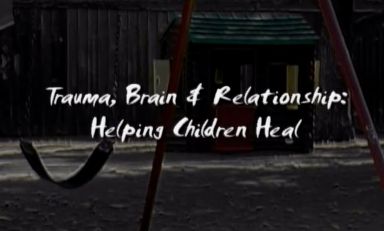Emotional and Psychological Trauma
Tips for healing from trauma and learning to move on

When you’ve gone through something traumatic, it can seem like you’ll never feel safe again. But whether the trauma happened yesterday or years ago, you can find a way to heal, let go of painful memories, and move on.
View FAQs
Tips for healing from trauma and learning to move on

Supporting a loved one with PTSD while taking care of yourself

Helping yourself recover from PTSD after returning from military service

Symptoms, treatment, and self-help for PTSD

Tips to regain your sense of control, rebuild your self-worth, and heal

Recovering after a crisis, natural disaster, or disturbing event

Trauma’s effects on the development of the mind body system

Tips on treatment from a psychologist

Racial trauma and the stress and anxiety of discrimination
